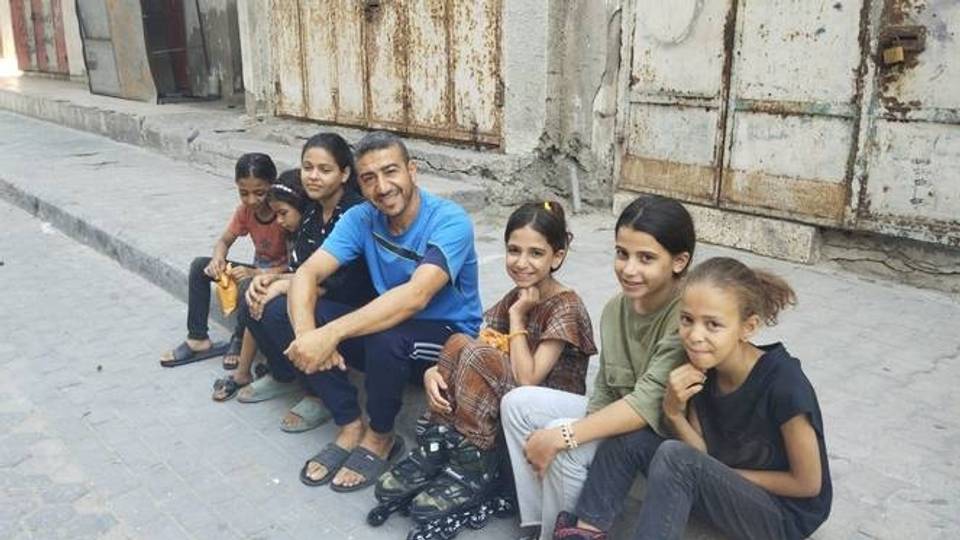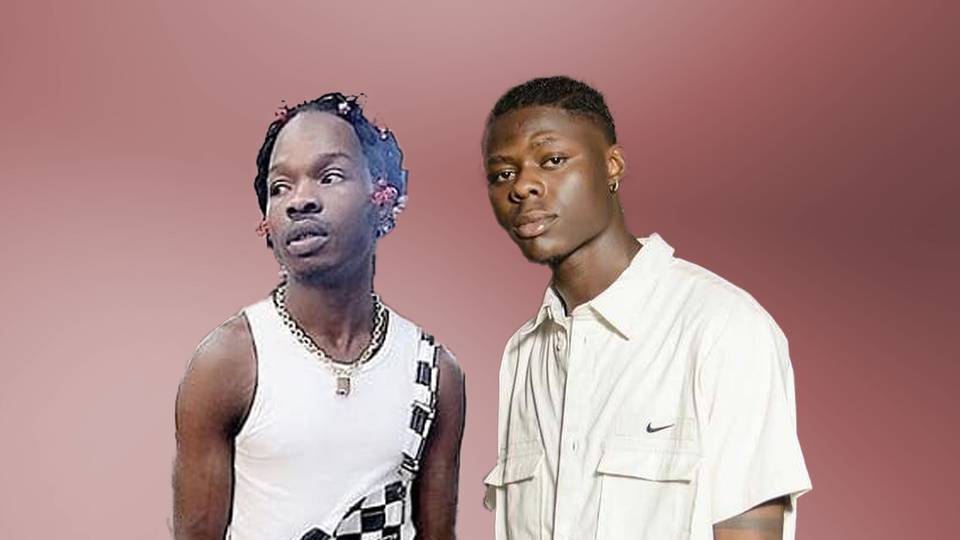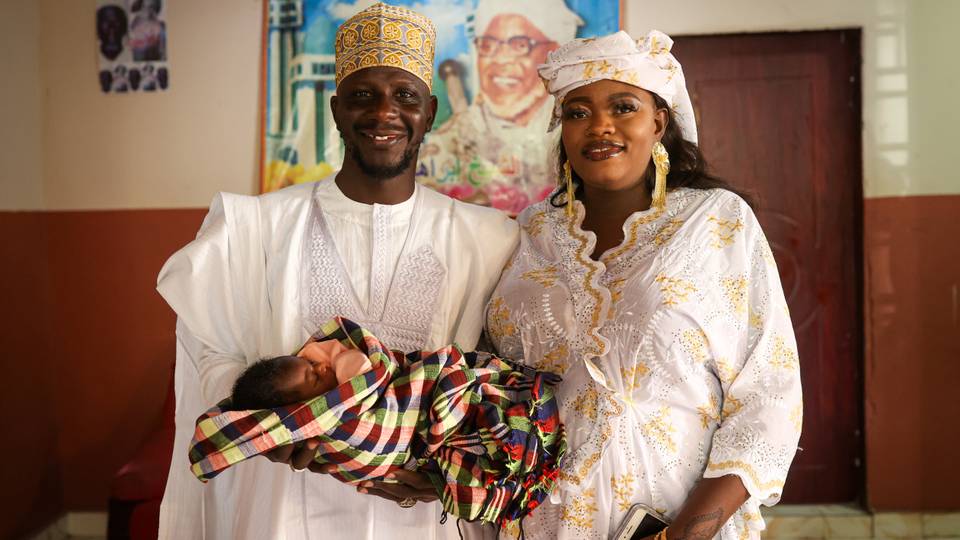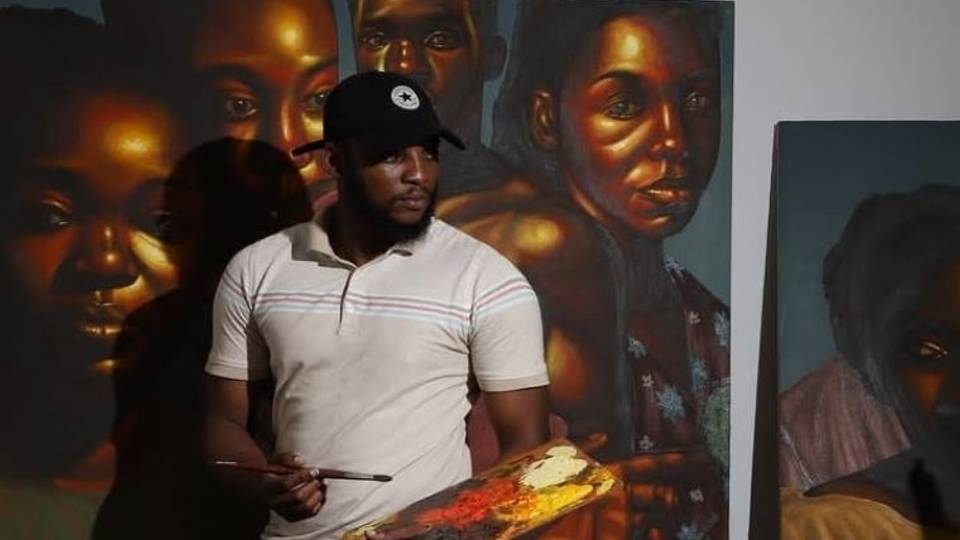Sport
Dollar
38,2552
0.34 %Euro
43,8333
0.15 %Gram Gold
4.076,2000
0.31 %Quarter Gold
6.772,5700
0.78 %Silver
39,9100
0.36 %The poems written by Palestinian children echo with loss and resilience, as collected by the Palestinian novelist Yousri Alghoul before he was injured in a bombing.

By Serra Deniz Araz
On 1 July 2024, two displaced children took turns skating past bomb-ripped buildings on an uneven street in the Shati refugee camp in northern Gaza. They, along with a few more friends, flocked to Yousri Alghoul, the Palestinian novelist, who lives in the camp too. Theirs was a simple ask: him to lend them books to read, and have him read their writings.
“Whenever I walked through the camp streets, children would approach me asking for books, and little girls would seek my attention to read their poems or show me their writings,” Alghoul told TRT World.
Alghoul’s had turned his personal library, that comprised about 3,000 books, into a community space in his home in 2022. The library was hit by an Israeli airstrike in the fall of 2023, and he lost his home and the books. Undeterred, Alghoul began trying to rebuild his library, and started a fundraising campaign on GoFundMe to buy books.
Rebuilding would take time, so Alghoul started digging out books from the rubble of libraries and schools destroyed by Israeli airstrikes in northern Gaza. He used those books to teach children, who are aspiring poets, at an informal workshop at the Shati camp.
Alghoul collected handwritten poems by Palestinian children in Gaza and shared them with TRT World. The young poets of Palestine, living with acute hunger and an ongoing genocidal war, reflect on questions of identity. They long for their lost roots and grapple with the uncertainty of life in a land riven by war.

On 13 July 2024, barely two weeks after mentoring the children, Alghoul’s friend was killed in an Israeli airstrike on the Shati camp, injuring him. He remains in a hospital. The young poets are safe. They continue writing poems to bear witness to the war in Gaza.
Israeli airstrikes have deliberately targeted most universities, colleges, and schools in Gaza. According to the United Nations, more than 80 percent of Gaza’s schools have been damaged or destroyed since October 7, 2023.
Despite a pitiless bombing campaign aiming at their education and their future, the young Palestinians believe in the power of words. Words can raise awareness, inspire change, and embody resilience, these young poets say.
Words can illuminate the human experience and awaken the collective conscience, empowering the young to hold onto their history, they reiterate.
“Who am I?
I am a broken-necked bird,
My existence among the rubble.”
This stanza is from a poem by 12-year-old, Raouf Yousri Abdel Raouf al Ghoul. After losing his classmates and cousins to Israel’s ongoing war in Gaza, he bears witness to a generation of emptied classrooms.
The systematic destruction of Palestinian education ongoing since the Nakba, amounting to scholasticide, hasn’t been able to extinguish his yearning for knowledge. The 12-year-old Raouf continues working on his poems to voice his aspirations, and comprehend his reality.
Mahmoud al Hanawi, a 10-year-old, displaced Palestinian poet, lives in the Shati camp. Mahmoud's verse conveys his sorrow and bewilderment, recording the horrors he endures, documents the terrible pain inflicted on his people. He writes:
“The birds of the sky wept, and the stars in the sky faded,
The leaves of the trees withered and fell,
And mothers gave birth in war.
For what sin were their children killed,
Indeed, until now, their children have not been named.”
In March, Philippe Lazzarini, the Commissioner-General of UNRWA, described Israel’s war in Gaza as a war on children, on their childhood and on their future. Since October 2023, Israel has killed more than 16,000 children, injured around 34,000, orphaned 17,000, and around 21,000 children are missing. The number of children killed by Israel in Gaza exceeds the total number of children killed in wars across the world in four years.
Yet these resilient young poets of Gaza want you to hear, to feel, to see what the genocidal war has done to their people, to their Palestine. Through their acts of creation in the most beautiful form of poetry, they also convey their love for life.
Amira Ibrahim Bedouin, a 12-year-old Palestinian poet, captures contradictions in her poem. She compares her homeland, riven with war and uncertainty, but as the poem progresses, a force awakens in her and she connects Gaza to beauty, safety and pride. She imagines Gaza as a resilient beauty.
Amira also marks the occasion of festivities, recording the somber mood in her ledger of loss:
“Which Eid, when children live with so much fear, sadness, and their spirits are bleak and bad?
Which Eid, when Gaza is being destroyed in front of people and children,
and has not returned to what it was...Gaza.
Which Eid, when people have no trace of joy or happiness left”
In his poem about privations, and dismembered dreams, the 12-year-old Yousri Abdel Raouf al Ghoul, writes:
“They killed innocence in my eyes,
They trampled my roses,
They shattered my dreams,
They showed no mercy to me.
In the darkness of night, they left me.”
Apart from the destruction of Palestinian lives and habitats and the creation of catastrophic hunger and famine by bombing agricultural fields, poultry farms, and greenhouses and blocking and delaying humanitarian aid, Israel has destroyed the infrastructure for storage, treatment and supply of water, reducing Gaza’s water capacity by 94 percent since October, according to a recent report by Oxfam.
The children of Gaza and their families are forced to drink untreated brackish yellow water or salty sea water. The systematic destruction of sanitation services in Gaza has, further, led to emergence and spread of Polio virus.
“The candles of joy were extinguished
And mothers lamented over their children and their homes
They drank hunger and salty water.”
The 10-year-old Mahmoud captures the stark reality of famine in this poem.
In her deeply poignant poem, 11-year-old Layla Ramadan captures the juxtaposition of flags and shrouds, and the possibility of peace:
"In shrouds, youth are wrapped.
There must be freedom to raise the flag and let the dove of peace flutter."
And yet they insist on their resilience, on hope, on a just future. This symphony of narratives, with a glimmer of resilience, creates a compelling plea for peace. Tala al Danaf, a 12-year-old, who lives in the Shati refugee camp, writes:
"They killed me a thousand times,
Yet each time I lived to create dignity for myself to live.
I will not die, I will not die, I am a Palestinian child."
Serra Deniz Araz is a deputy producer at TRT World.
Comments
No comments Yet




















Comment